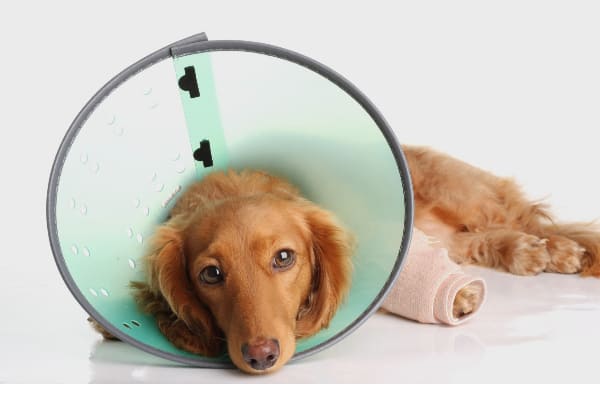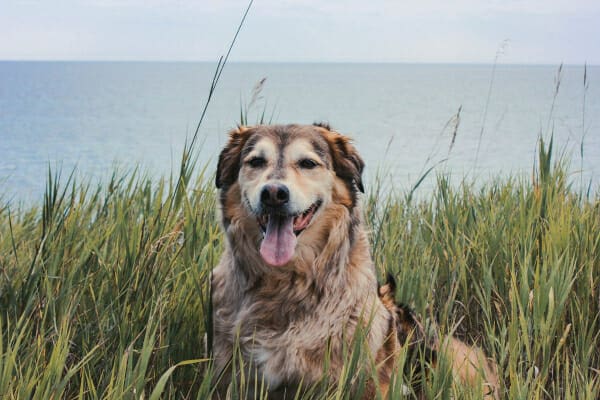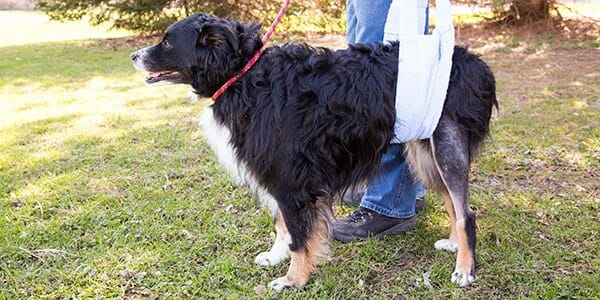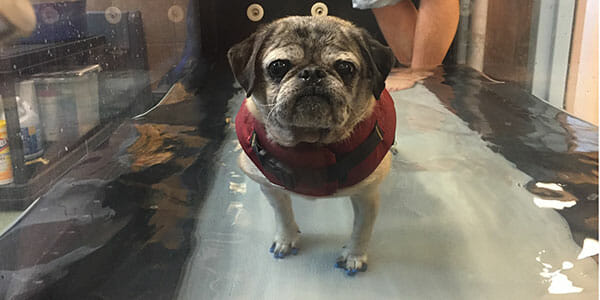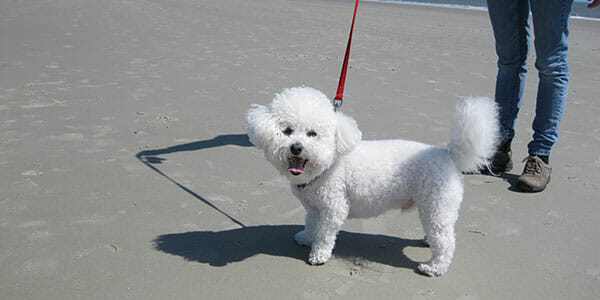Pain in dogs includes both physical discomfort and the emotional stress associated with pain. Veterinarians Dr. Buzby and Dr. Ralph Harvey share important insights into managing pain in dogs and the continuum of fear, anxiety, stress, and pain that we must address to be truly successful in helping painful dogs.
Common Dog Health Problems
Blue Green Algae and Dogs: A Deadly Combination
There are many common causes of dog deaths that frequently get discussed, but blue green algae is one very real hazard that often catches dog parents unaware. Integrative veterinarian Dr. Julie Buzby is here to spread the word, and arm you with information about blue green algae toxicity in dogs. Get the facts so you can safeguard your canine companion from this toxin.
Compensatory Injury in Dogs: When One Pain Leads to Another
Is your dog limping? Not only is a limping dog living with pain, but he or she is more likely to suffer from a compensatory injury. The best way to describe a compensatory injury is by sharing my own story of an adventure that ended in pain–and gave me new found appreciation for compensatory injury in […]
Can Veterinary Orthotics and Prosthetics Help Your Dog?
Dr. Patrice Mich shares important insights on veterinary orthotics and prosthetics We recently had the opportunity to interview Dr. Patrice Mich, who advocates and specializes in pain management, canine rehabilitation, and sports medicine. Dr. Mich is the former Medical Director of Orthopets, an adaptive technology company that uses advances in human orthotics and prosthetics to improve […]
